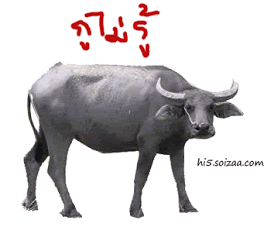The Farang Cultural Divide
-
Recently Browsing 0 members
- No registered users viewing this page.
-
Topics
-
-
Popular Contributors
-
-
Latest posts...
-
8
-
22
Life Coaches and Other Professional Time Wasters ~ Who’s Buyin’ This Minging Rubbish?
you went to school in Thailand?? -
6
Best Shop to buy Fridge, Laundry Machine, Microwave etc in UdonThani or Nongkhai.
I do so in Phuket for some items, they have good offers sometimes -
6
Best Shop to buy Fridge, Laundry Machine, Microwave etc in UdonThani or Nongkhai.
thx mate, like your Avatar, are you a Twinbrother of Tommy Robinson? 😉 😎 i think i will check Tesco in Nongkhai first and may be the other big shop around the corner, forgot the name -
2
Is President Trump Betraying MAGA By Legalizing Illegals?
https://newhouse.house.gov/media-center/press-releases/newhouse-bipartisan-coalition-introduce-farm-workforce-modernization Click here for a two-page summary of the bill. Click here for a section-by-section outline of the bill. Click here for the full text of the bill. -
50
THAILAND LIVE Thailand Live Tuesday 8 July 2025
Rabies Deaths Triple in Thailand: Urgent Alerts Issued Photo of Dr Phanumart Yanawetaskul courtesy of KhaoSod Thailand faces a troubling surge in rabies-related fatalities, with deaths tripling compared to last year. Full Story: https://aseannow.com/topic/1366144-rabies-deaths-triple-in-thailand-urgent-alerts-issued/
-
-
Popular in The Pub











Recommended Posts
Create an account or sign in to comment
You need to be a member in order to leave a comment
Create an account
Sign up for a new account in our community. It's easy!
Register a new accountSign in
Already have an account? Sign in here.
Sign In Now